Smart room technology is a key trend for hotel owners to be aware of, and the desire to create a smart hotel is growing for a number of reasons. In this article, you will learn more about a smart room, why smart hotel technology is so important, and how smart hotel rooms can benefit hotel owners and guests alike.
Table of Contents:
- What is a Smart Hotel Room?
- Why is Smart Room Technology Becoming Important?
- 5 Benefits of Smart Hotel Rooms
- 7 Ways to Transform a Hotel Room Into a Smart Room
What Is a Smart Hotel Room?
A smart hotel room uses ‘smart’ electronic devices powered by the Internet of Things (IoT). This IoT technology means that what were once ordinary devices are now fitted with internet connectivity, allowing them to send and receive data and effectively communicate with one another.
This internet connectivity and communication capability allows devices to find information from the internet and interact with other devices nearby. For instance, it might mean that multiple devices can be controlled through a smart speaker or that the performance of devices can be monitored from a single hub.
Why Is Smart Room Technology Becoming Important?
A growing number of hotel companies, including Hilton and Marriott, are embracing the concept of the smart hotel room, but why is this technology becoming so popular? Perhaps the most important reason is that it can improve the experience of staying in a hotel by enhancing the convenience aspect.
That said, smart hotel solutions have grown in popularity for other reasons, such as their ability to reduce some of the costs associated with running a hotel. This, in turn, can improve financial results. Furthermore, the novelty factor of a smart hotel room can also help a hotel stand out from more traditional hotels and resorts, making it an interesting concept from a marketing perspective. According to the Smart Hospitality Market Report by Allied Market Research, the global smart hospitality market is projected to grow at a CAGR of 22% until 2031.
5 Benefits of Smart Hotel Rooms
Read about the five benefits of smart hotel rooms in the hotel industry.
1. Greater Personalization
One of the main benefits of a smart hotel room is the ability to offer guests greater personalization. This means that hotel guests can quickly and easily make adjustments to their room to get it the precise way they want it, improving their enjoyment of the room and making it feel more like home.
Indeed, through a smart hub, tablet device, or other central control point, customers can swiftly change the conditions within the room, such as choosing a preferred temperature and lighting level. The heating, air conditioning, lights, etc., through IoT technology, can respond to and automatically maintain those conditions.
2. Improved Sustainability
For hotel management, one of the biggest advantages of creating a smart hotel is the reduced costs that are often associated with the concept. This is primarily due to improvements to sustainability and energy efficiency within the hotel rooms, with certain devices only being used when they are needed. Sustainable hotel sare becoming increasingly important – according to the Sustainable Travel Report by Booking.com, 70% of global travelers are more likely to choose a sustainable accommodation option.
For example, a smart room can be set up so that the power of the light bulbs is automatically reduced during daylight hours or so that heating automatically turns off when a room reaches a specified temperature or when a room is unoccupied. This means less energy is wasted, and the hotel can even promote this eco-friendliness.
Table: Examples of Sustainable Smart Hotel Room Practices
| Smart Feature | Functionality | Sustainability Impact |
|---|---|---|
| Smart Thermostats | Adjust room temperature based on occupancy and guest preferences. | Reduces energy consumption by heating or cooling rooms only when necessary. |
| Energy-Efficient Lighting | LED lights and automated systems that adjust based on natural light and occupancy. | Lowers electricity usage and extends bulb life, decreasing waste. |
| Automated Window Treatments | Curtains or blinds that adjust automatically to optimize natural light and insulation. | Enhances heating/cooling efficiency, reducing the energy needed for climate control. |
| Motion Sensor Systems | Lights, HVAC, and electronics that activate or go into low-power mode based on room occupancy. | Minimizes unnecessary energy use, significantly cutting down on power consumption. |
| Smart Power Outlets | Monitor and control power usage for plugged-in devices, shutting off power when not in use. | Prevents phantom energy drain, contributing to overall energy savings. |
| Energy Management Systems | Central systems that monitor and control energy use throughout the hotel room or suite. | Provides detailed insights and control over energy consumption, leading to more effective management and reduction strategies. |
3. Enhanced Customer Experience
Perhaps the most immediately obvious benefit of a smart hotel room is the improvement it can deliver in terms of the customer experience. A smart speaker, such as that provided through the Alexa for Hospitality service, assists with this by allowing TVs, lights, heating, and other devices to be controlled through voice commands.
A smart room can also assist with other aspects, such as requesting room service or information. While traditional rooms often mean questions must be asked at the reception desk or over the telephone, a smart hub can understand questions and respond instantly, using the internet to source answers.
4. Remote Room Controls
Another benefit of smart hotel rooms and the Internet of Things is the ability for hotel staff to access various room controls from a remote location. This is especially useful for getting a hotel room ready for a new guest, improving the comfort level when greeted upon check-in.
For instance, a smart hotel can be set up so that the heating in a hotel room is automatically turned on for a specified amount of time before a guest checks in. This will ensure the room is at an ideal temperature when they arrive, and this can be achieved without staff having to go into the hotel room, saving time and effort.
5. Faster and More Reliable Repairs
Finally, one advantage that is sometimes overlooked when it comes to smart rooms is the improved ability to anticipate technical issues with devices and make repairs swiftly. This allows hotels to intervene at the most timely possible moment, avoiding situations where the need for repairs hinders the customer experience.
Essentially, the use of IoT technology allows the performance of electronic devices to be monitored remotely, providing hotel staff with live information about their operating status. This means issues with performance can be spotted before they become critical, repairs can be made, or replacement devices can be fitted.
7 Ways to Transform a Hotel Room Into a Smart Room
While many owners are willing to embrace the idea of smart hotel rooms, many are unsure of how to implement smart hotel systems. To help out, in the article “Ways to Transform a Hotel Room Into a Smart Room” you will find seven ways to transform a hotel room into a smart room.
What is a Smart Room?
Video: Example of a smart hotel room
Video: Smart Hotel Room – Las Vegas Hotels Go High Tech
Smart Hotel Room FAQs
The idea of a smart hotel room has gained popularity in recent years thanks to the ability to improve the guest experience and make financial savings. In particular, smart room technology can deliver greater personalization, improved energy efficiency, swifter repairs, greater convenience, and the ability to control devices remotely.
Did You Like This Article About Smart Hotel Room?
You might also be interested in the following articles:
- Hotel Energy Solution: Save Money and The Planet
- Housekeeping Technology; The Latest Tech used in Hotel Housekeeping
- VR Hotel Tour; Amazing Examples of Virtual Reality Hotel Tours
- Hotel Innovations; Different Ways to Revolutionize Your Hotel Business
- Mobile Check-In App for Hotels: What Are The Benefits?
More Tips to Grow Your Business
Revfine.com is the leading knowledge platform for the hospitality and travel industry. Professionals use our insights, strategies, and actionable tips to get inspired, optimize revenue, innovate processes, and improve customer experience.Explore expert advice on management, marketing, revenue management, operations, software, and technology in our dedicated Hotel, Hospitality, and Travel & Tourism categories.
This article is written by:
Hi, I am Martijn Barten, founder of Revfine.com. With 20 years of experience in the hospitality industry, I specialize in optimizing revenue by combining revenue management with marketing strategies. I have successfully developed, implemented, and managed revenue management and marketing strategies for individual properties and multi-property portfolios.

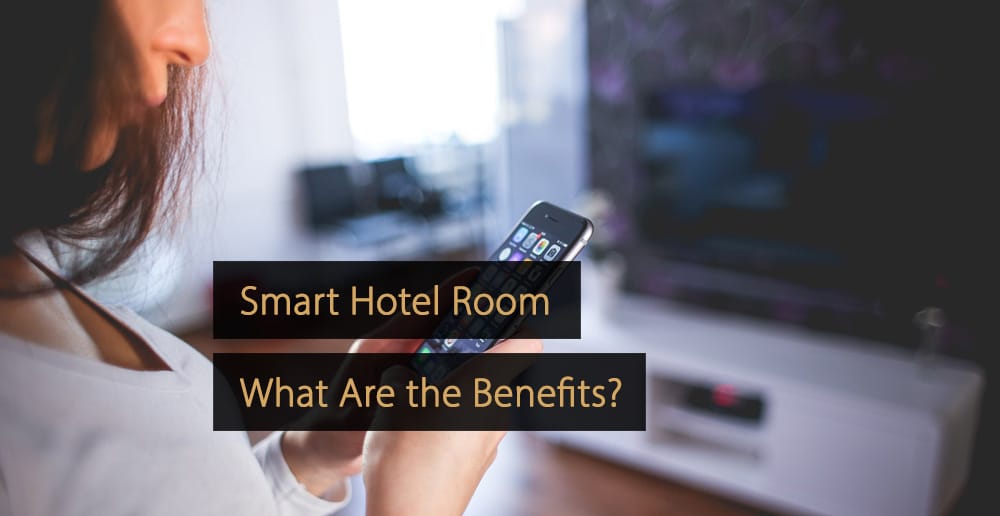
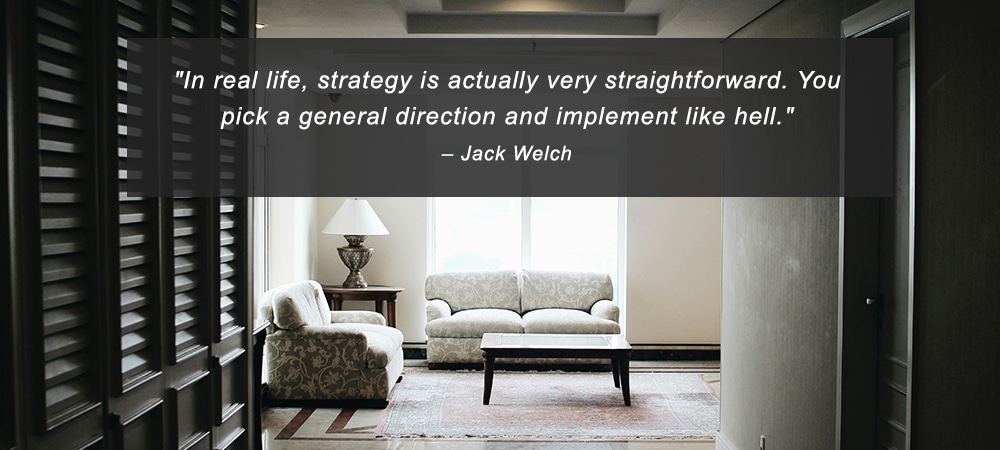
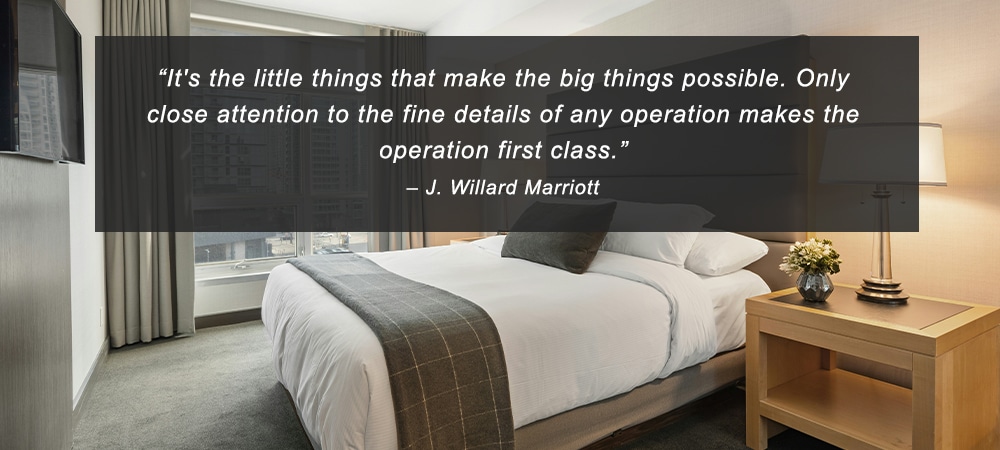

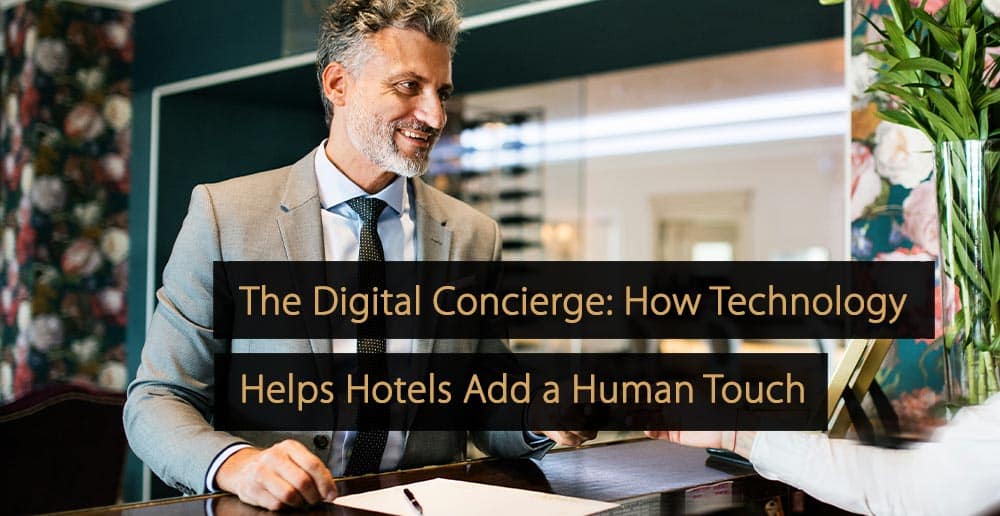


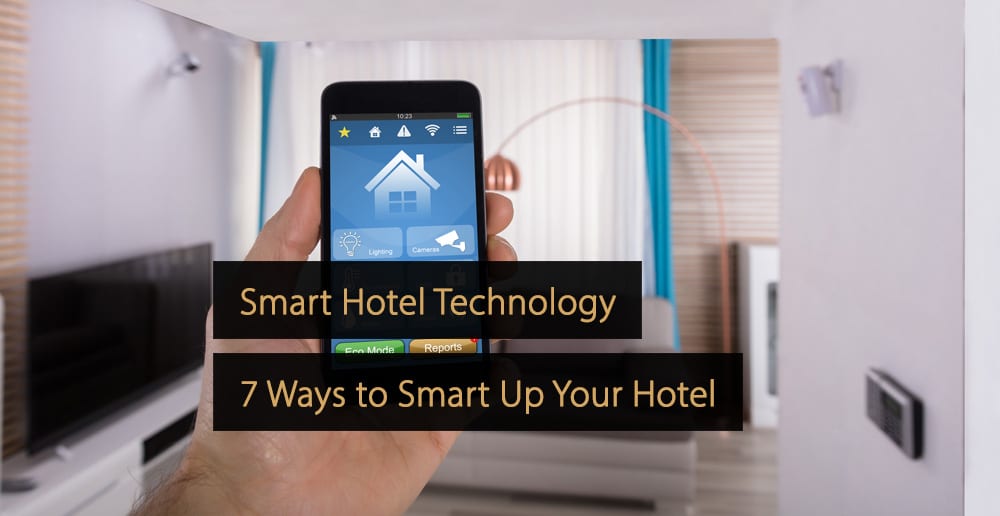

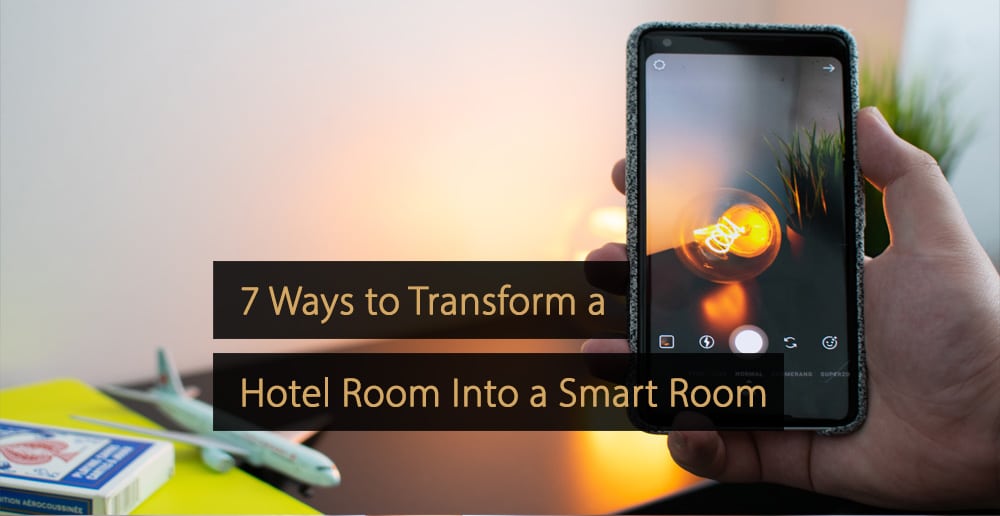
It’s great to hear that smart hotels benefit hotel owners and guests! As a frequent traveler, I appreciate smart hotels’ convenience and personalization. My phone’s ability to control lighting, temperature, and entertainment is a game-changer. It makes me feel more comfortable and in control of my environment. Also, smart hotel rooms’ data analytics and insights can help hotel owners improve their services and enhance the overall guest experience. I am looking forward to staying in more smart hotels in the future!
It’s a nightmare if a digital key doesn’t work correctly. Kind regards, Rudolf Rentschler